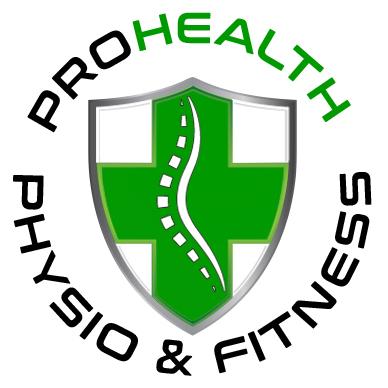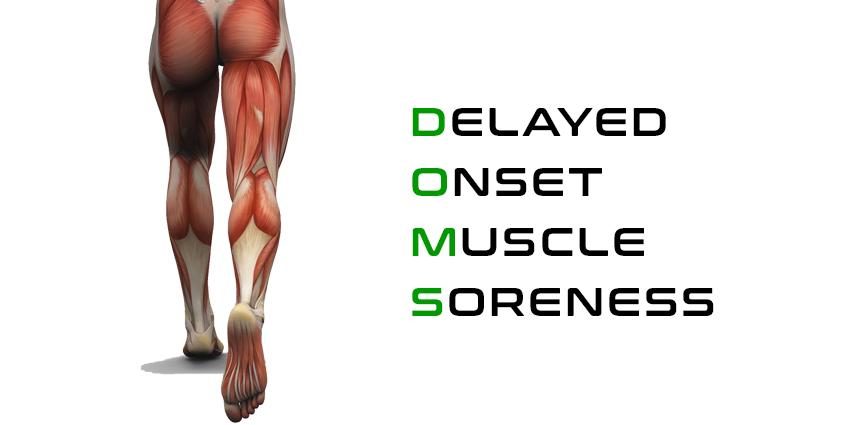Muscle soreness is a common experience for anyone who exercises, whether you are new to fitness or a seasoned athlete. That familiar ache after a workout, often called Delayed Onset Muscle Soreness (DOMS), can leave you feeling stiff, tender, or fatigued. While it may seem like a setback, muscle soreness is actually a natural response to physical activity and an important part of the body’s adaptation process.
Understanding what causes muscle soreness, how long it typically lasts, and the best strategies for recovery can help you train smarter, reduce discomfort, and prevent injury. In this guide, we’ll explore the science behind muscle soreness, practical tips for managing it, and ways to keep your workouts safe and effective.
What Causes Muscle Soreness?
Muscle soreness typically occurs 12 to 72 hours after exercise, especially when your body is exposed to new or intense movements. The primary cause is microscopic damage to muscle fibers, particularly during eccentric contractions—when muscles lengthen under tension (e.g., lowering a weight or running downhill).
Common Triggers:
- Starting a new workout routine
- Increasing intensity or duration
- Performing unfamiliar movements
- Returning to exercise after a break
Is Soreness a Sign of a Good Workout?
Mild soreness can indicate that your muscles are adapting and growing stronger. However, excessive or prolonged soreness may signal overtraining, poor recovery, or even injury. It’s important to listen to your body and adjust your training accordingly.
Microsoft Teams
How to Prevent Muscle Soreness
At PROHEALTH PHYSIO & FITNESS(EP), we advocate for preventive care and smart training to minimize discomfort and maximize results.
Prevention Tips:
- Warm up thoroughly before exercise
- Gradually increase workout intensity
- Stay hydrated and eat nutrient-rich foods
- Incorporate stretching and mobility work
- Use foam rolling or massage therapy
- Schedule regular physiotherapy sessions
Recovery Strategies That Work
If soreness sets in, don’t panic, there are effective ways to ease the pain and support muscle recovery.
Recommended Recovery Methods:
- Active recovery: Gentle movement like walking or yoga
- Contrast therapy: Alternating hot and cold treatments
- Massage therapy: Improves circulation and reduces tension
- Sleep and rest: Crucial for tissue repair
- Nutrition: Protein and anti-inflammatory foods aid healing
When to See a Physiotherapist
If soreness lasts longer than 5–7 days, or is accompanied by swelling, bruising, or sharp pain, it’s time to consult a professional. Our expert team at PROHEALTH PHYSIO & FITNESS(EP) offers comprehensive assessments, manual therapy, and personalised exercise programs to help you recover safely and effectively.
Whether you're recovering from a tough workout or preparing for your next fitness milestone, we’re here to support your journey. Book a consultation today and experience the PROHEALTH difference.
Contact us to assist you in your exercise journey!
Source: verywellhealth
Title: How to Get Rid of Sore Muscles: 10 Relief Tips
Read time: 5 mins

